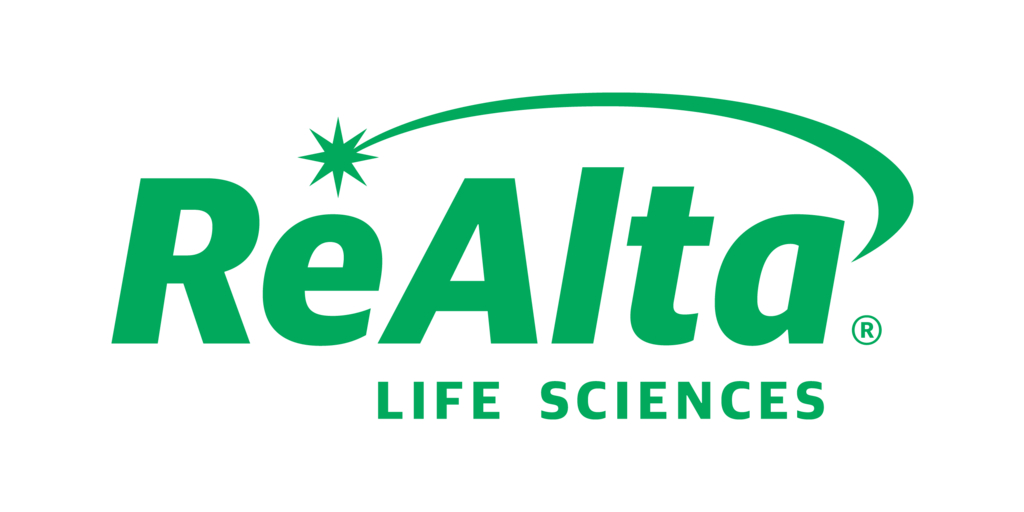Study shows pegtarazimod reduces microglial activation associated with pathogenic neuroinflammation in hypoxic ischemic encephalopathy, as well as neurodegenerative diseases such as Alzheimer’s and Parkinson’s disease
NORFOLK, Va.--(BUSINESS WIRE)--ReAlta Life Sciences, Inc. (“ReAlta” or the “Company”), a clinical-stage biopharmaceutical company dedicated to saving lives by rebalancing the inflammatory response to address rare and acute inflammatory diseases, today announced the publication of an article in the American Journal of Perinatology showing the ability of RLS-0071 (pegtarazimod) to reduce key measures of brain inflammation in a preclinical model of hypoxic ischemic encephalopathy (HIE).


The article, ‘The Anti-inflammatory Peptide RLS-0071 Reduces Immune Cell Recruitment and Oxidative Damage in a Neonatal Rat Model of Hypoxic-Ischemic Encephalopathy,’ highlights that pegtarazimod reduces the levels of resident microglia as well as the neuroinflammatory factors myeloperoxidase (MPO) and reactive oxygen species (ROS) in the brains of HIE animals. While microglia are essential for maintaining brain homeostasis and mediating tissue repair, the presence of extracellular MPO in the brain activates microglia to an overactivated, pro-inflammatory state, leading to the formation of extracellular traps that further contribute to tissue damage. Overactivated microglia are associated with pathogenic neuroinflammation in HIE, as well as neurodegenerative diseases such as Alzheimer's and Parkinson's disease.
These preclinical findings provide important mechanistic insights that build upon Phase 2 STAR trial clinical biomarker data presented by ReAlta in April 2025. The data from the ongoing trial demonstrated elevated levels of MPO in newborns with HIE, with generally higher levels observed in severe versus moderate cases.
“These new data further support pegtarazimod’s potential to address neuroinflammation in the brain by reducing detrimental microglial-mediated inflammation,” said Kenji M. Cunnion, MD, MPH, Chief Medical Officer at ReAlta. “The mechanistic validation of pegtarazimod translating from preclinical models to the clinical biomarker findings in our STAR trial reinforces our confidence in our dual-targeting peptide platform’s ability to interrupt this damaging inflammatory cascade. We expect to report an interim clinical data readout in the second half of 2025 and look forward to exploring additional opportunities to deliver effective new therapies for neurological diseases, where significant unmet medical needs remain.”
In the preclinical study, pegtarazimod treatment decreased microglial recruitment by fourfold compared to controls at 48 hours and significantly reduced MPO staining, a key driver of oxidative brain damage. Pegtarazimod treatment also resulted in 6% greater neuron density compared to hypothermia treatment alone, while demonstrating anti-inflammatory effects equivalent to therapeutic hypothermia, the current standard of care for HIE.
Dr. Zachary Vesoulis, Assistant Professor of Pediatrics, Newborn Medicine at Washington University School of Medicine and co-author of the study, commented, “Pegtarazimod’s ability to reduce brain inflammation in this pre-clinical model demonstrates the potential of this drug to improve clinical outcomes for HIE babies, for which there is currently no pharmacological intervention.”
About the STAR Trial and RLS-0071 (pegtarazimod)
The STAR trial (NCT05778188) is a two-stage, randomized, double-blind, placebo-controlled study currently enrolling patients across 13 NICUs in the United States, evaluating RLS-0071 (pegtarazimod) in newborns with moderate or severe HIE undergoing therapeutic hypothermia. Pegtarazimod is a 15-amino-acid peptide that uniquely targets both humoral and cellular inflammation and is the Company’s lead therapeutic candidate for HIE treatment. The peptide works by inhibiting complement activation at C1, as well as myeloperoxidase activity and extracellular trap formation – key mechanisms implicated in the inflammatory cascade of reperfusion injury that contributes to brain damage in HIE.
About ReAlta Life Sciences
ReAlta Life Sciences, Inc. is a clinical mid-stage biopharmaceutical company dedicated to addressing life threatening rare and acute inflammatory diseases by rebalancing the inflammatory response. The Company’s EPICC peptide platform leverages discoveries from the human astrovirus (HAstV-1), which uniquely inhibits components of the innate immune system. ReAlta’s therapeutic peptides employ the dual-targeting mechanisms of HAstV-1 to modulate both complement and innate inflammatory pathways by inhibiting complement cascade activation and two key neutrophil-driven mechanisms: myeloperoxidase (MPO) and neutrophil extracellular traps (NETs). The Company’s lead candidate, RLS-0071 (pegtarazimod), has received FDA Orphan Drug Designation and Fast Track Designations for hypoxic ischemic encephalopathy (HIE), a devastating disease that causes brain damage and high mortality in oxygen-deprived newborns; Orphan Drug Designation by the European Medicines Agency for HIE; FDA Orphan Drug and Fast Track Designations for acute graft-versus-host disease (aGvHD) associated with bone marrow and stem cell transplants; and FDA IND clearance for acute exacerbations of chronic obstructive pulmonary disease (COPD). Founded in 2018, ReAlta operates in Norfolk, Virginia and Aguadilla, Puerto Rico. For more information, please visit www.realtalifesciences.com.
Contacts
Investors
John Rickman
Chief Financial Officer
jrickman@realtals.com
Media
Harrison Wong
ICR Healthcare
ReAltaPR@icrhealthcare.com




